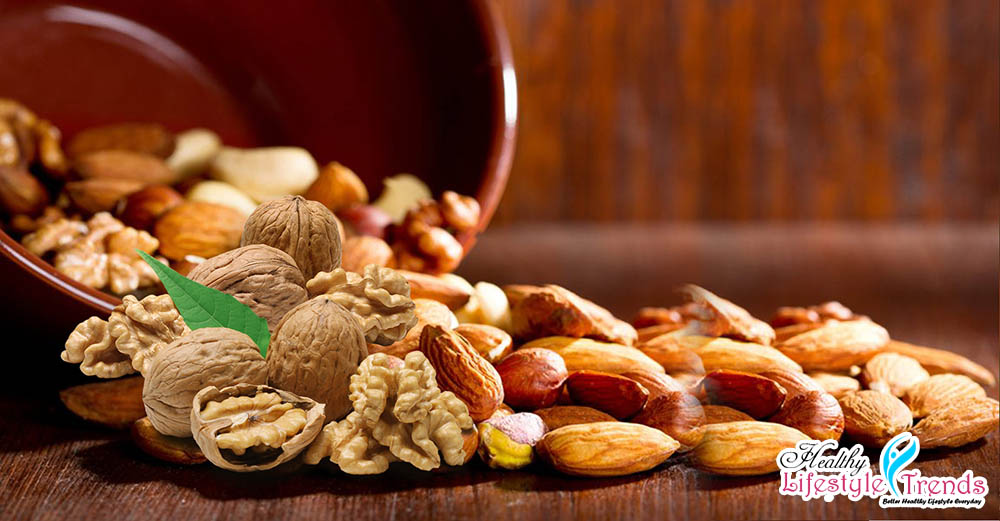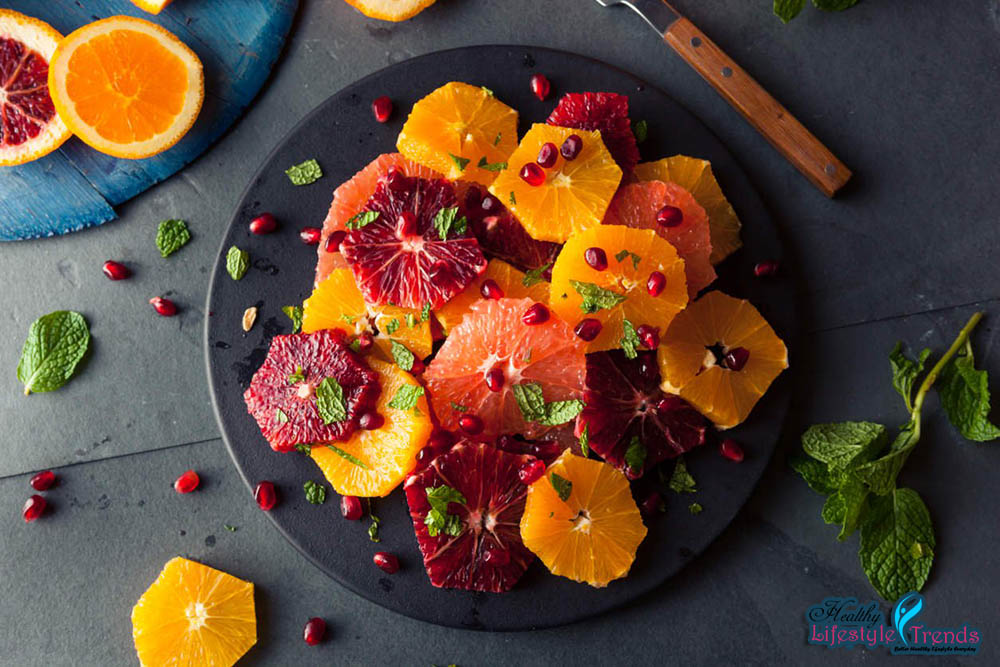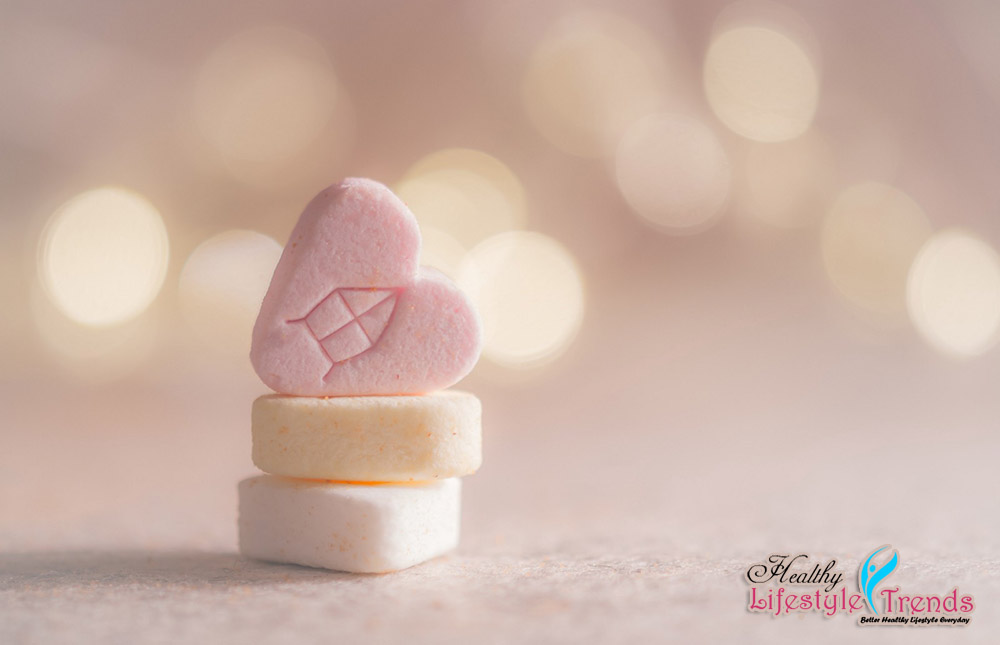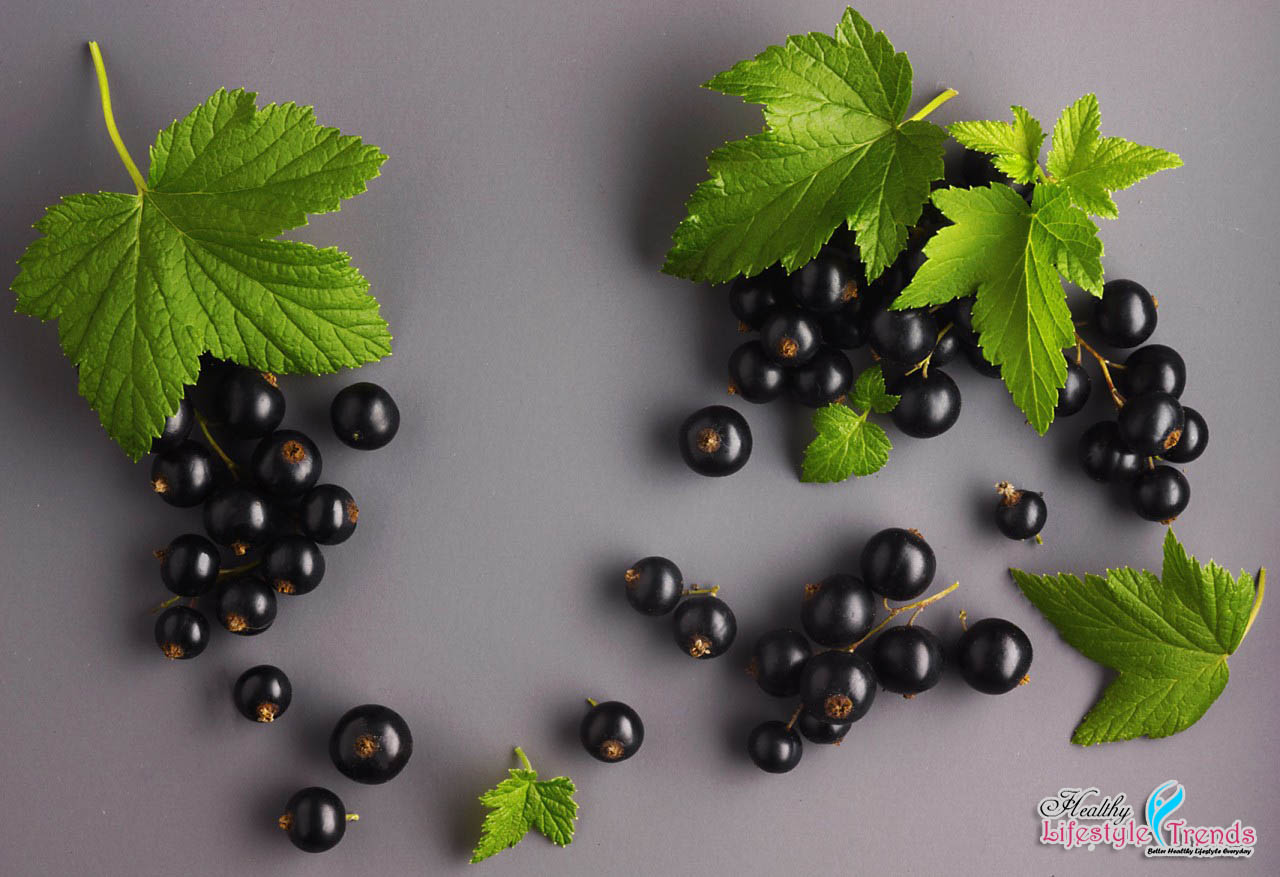Hemoglobin is a protein in your red blood cells that carries oxygen to your body’s organs and tissues and transports carbon dioxide from your organs and tissues back to your lungs. The hemoglobin level is expressed as the amount of hemoglobin in grams (gm) per deciliter (dL) of whole blood, a deciliter being 100 milliliters. The normal range for hemoglobin is: For men, 13.5 to 17.5 grams per deciliter. For women, 12.0 to 15.5 grams per deciliter.
If a hemoglobin test reveals that your hemoglobin level is lower than normal, it means you are anemic, you have a low red blood cell. There are many causes for Anemia including vitamin deficiencies, bleeding and chronic diseases.
Let’s now see some natural ways to increase the hemoglobin levels.
Eat iron rich food to increase hemoglobin

Iron deficiency is said to be the most common reason for low hemoglobin levels and hence intake of iron rich foods like Meat and Fish, dried fruits such as dates and figs, eggs, soy products, broccoli, green, sesame seeds, yogurt, leafy vegetables, nuts and green beans help increase the hemoglobin levels in blood.
Increase Vitamin C Intake

Here are a few of the top vitamin C superfoods to start stocking up on, according to the USDA national nutrient database, many of which are low in calories but full of nutrients beyond just vitamin C:
1. Tomatoes
2. Black Currant
3. Red Pepper
4. Kiwifruit
5. Guava
6. Green Bell Pepper
7. Orange
8. Strawberries
9. Papaya
10. Broccoli
11. Kale
12. Parsley
13. Pineapple
14. Brussels Sprouts
15. Cauliflower
16. Mango
17. Lemon
18. Grapefruit
19. Honeydew
20. Peas
Increase Folic Acid intake

Fortunately, many foods are naturally rich sources of folic acid. A well-planned diet should
easily keep your system well-supplied with the vitamin.
- Lentils.
- Dried beans, peas, and nuts.
- Avocado.
- Dark green vegetables such as broccoli, spinach, collard or turnip greens, okra, Brussels
- sprouts, and asparagus.
- Citrus fruit and juice.
Taking Iron Supplements

Iron supplements are most often used for certain types of anemia. It is important to note that too much iron can be dangerous. It may cause hemochromatosis, which can lead to liver disease and side effects such as constipation, nausea, and vomiting. If you have symptoms of anemia, always seek care from your health care provider. Don’t try to treat it on your own.

























